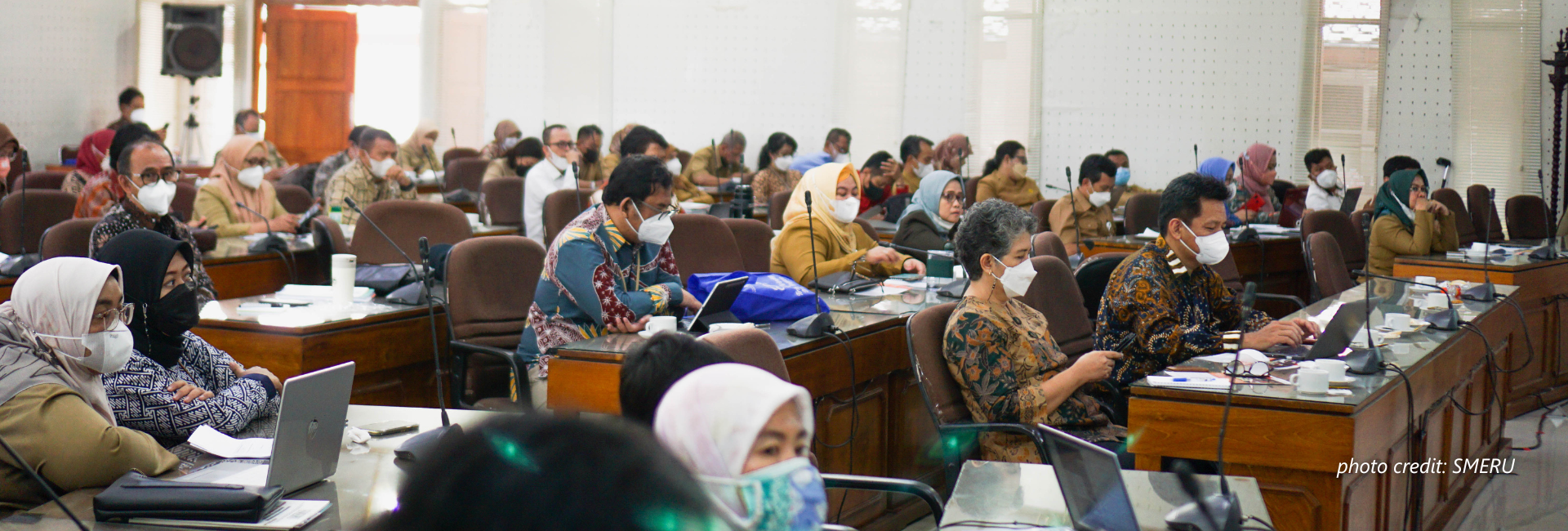The Indonesia Knowledge Sector Initiative (KSI) has run for four years and entered in July 2017 its second phase. Against this backdrop, KSI commissioned this research to inform its design and delivery. It aimed to explore what specific factors and actors shape the policy process? Whose and what type of knowledge tends to be influential in shaping policy and why? How is knowledge used as a resource by key actors and for what purpose? And what are the implications for KSI and how it works with its partners?
We answered these questions through the study of three cases:
- struggles to expand the autonomy of higher education institutions;
- efforts to reform the bureaucracy and
- regular processes to identify strategic priorities and allocate resources in Indonesia’s over 500 districts.
The approach taken focussed on policy actors, relationships of power between them and how they shifted over time; it acknowledged the diversity in types of knowledge and the multiple ends to which they can be used and recognised that the use of knowledge was structured by characteristics of the policy process. The research comprised documentary reviews; interviews with a wide range of stakeholders; and a validation workshop.



